Cannabis and Sexual Freedom: Do Cannabis Users Enjoy Their Sex Lives More?

- 1. Can cannabis consumption contribute to erectile dysfunction?
- 2. Does cannabis affect your libido?
- 3. Are cannabis users happier and more free in their sexuality?
- 4. Have you started trying more new things?
- 5. Are you choosing more diverse sexual partners since you started using cannabis?
- 6. Did cannabis help you discover your sexuality better?
- 7. Did cannabis affect your sexuality?
- 8. Does cannabis improve emotional connection in sexual partners?
The intersection of cannabis use and sexual behavior has long been a subject of interest and inquiry. With the growing acceptance and legalization of cannabis in various parts of the world, coupled with shifting societal attitudes toward sexuality, there is a burgeoning curiosity about the potential impact of cannabis on sexual experiences and freedoms. The notion of sexual freedom encompasses various aspects of human sexuality, including sexual satisfaction, exploration, and the ability to express one's desires without inhibition. Cannabis, known for its psychoactive properties and effects on mood and perception, raises intriguing questions about its role in enhancing or altering sexual experiences.
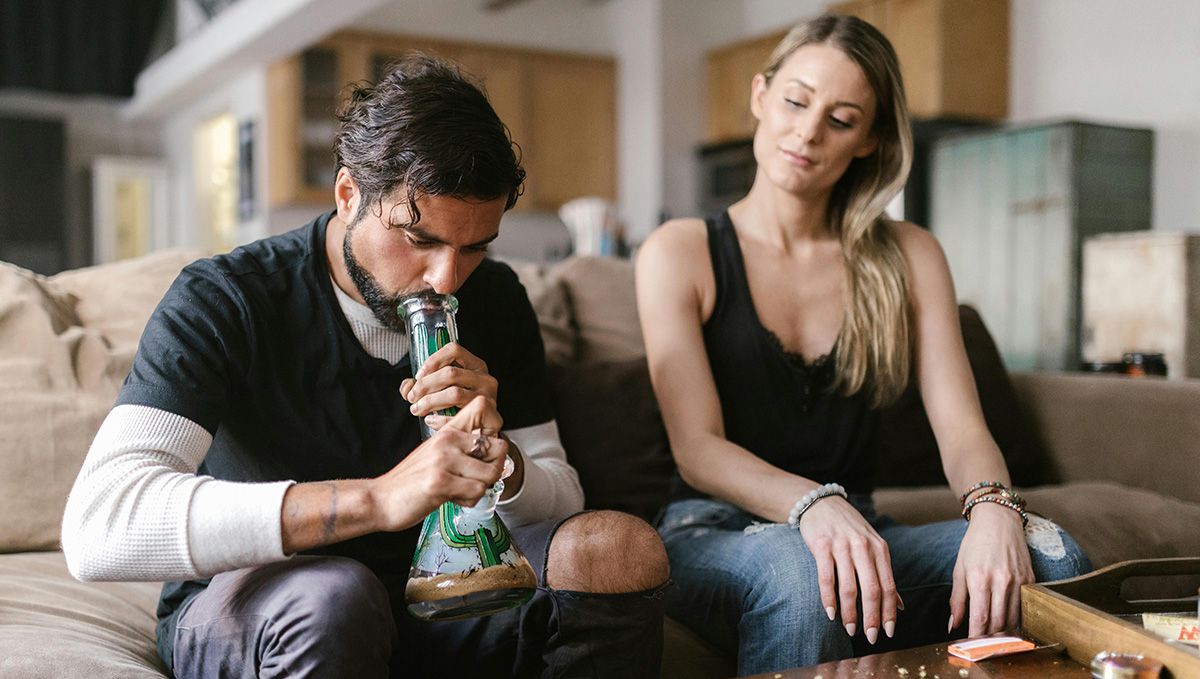
This inquiry prompts us to explore several key questions: Does cannabis consumption contribute to an enhanced enjoyment of one's sex life? Can cannabis use influence factors such as libido, arousal, and sexual satisfaction? Moreover, does cannabis usage correlate with broader notions of sexual liberation, such as the exploration of diverse sexual practices or the breaking of societal taboos? Additionally, there is interest in understanding potential drawbacks or limitations associated with cannabis use in the context of sexuality. Questions arise regarding the potential for cannabis to contribute to sexual dysfunctions, such as erectile dysfunction, or to hinder emotional intimacy and connection between sexual partners.
In this exploration, we aim to delve into existing research and literature, examining empirical evidence and insights to shed light on the complex relationship between cannabis consumption and sexual freedom. By doing so, we seek to gain a deeper understanding of how cannabis influences individuals' sexual experiences, behaviors, and perceptions, and to explore the implications for personal well-being and societal attitudes toward sexuality. Through this inquiry, we hope to contribute to a nuanced understanding of the interplay between cannabis use and sexual freedom, offering insights that may inform public discourse, healthcare practices, and individual decision-making regarding cannabis consumption and sexual behavior.
Can cannabis consumption contribute to erectile dysfunction?
Research examining the potential link between cannabis consumption and erectile dysfunction (ED) has yielded conflicting results, leaving many questions unanswered. While some studies suggest a correlation between heavy or chronic cannabis use and an increased risk of ED, the evidence remains inconclusive, necessitating further investigation to elucidate the underlying mechanisms.
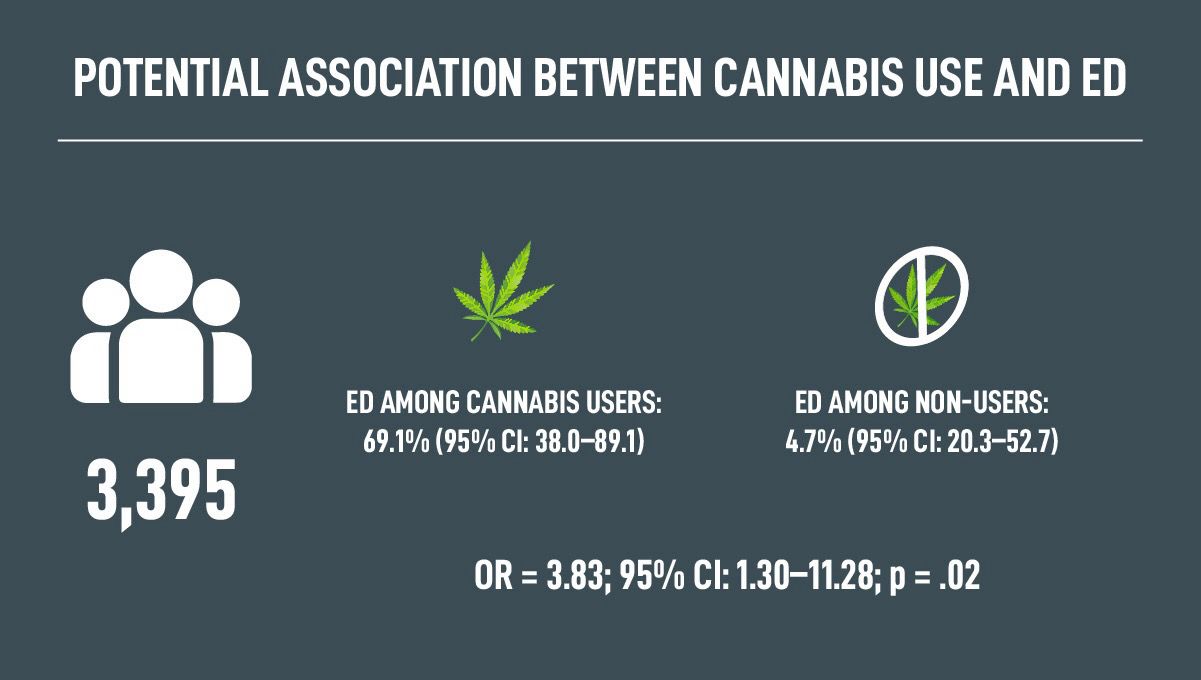
Several studies have reported findings indicating a potential association between cannabis use and ED. For instance, in a meta-analysis comprising five case-control studies involving 3,395 healthy men, it was observed that the prevalence of ED among cannabis users was significantly higher compared to non-users. Specifically, the overall prevalence of ED among cannabis users was 69.1% (95% CI: 38.0–89.1), whereas the corresponding figure among non-users was 34.7% (95% CI: 20.3–52.7). The odds ratio (OR) of ED in cannabis users was nearly four times that of controls (OR = 3.83; 95% CI: 1.30–11.28; p = .02), although the heterogeneity of the data (I2 = 90%) and methodological limitations warrant cautious interpretation.
Despite these findings, it's essential to consider the limitations of existing research. Many studies are conducted under less-than-ideal conditions due to the legal status of cannabis, which may compromise the reliability of the results. Additionally, individual responses to cannabis can vary widely, and factors such as frequency and duration of use, dosage, and underlying health conditions can influence the risk of experiencing ED.
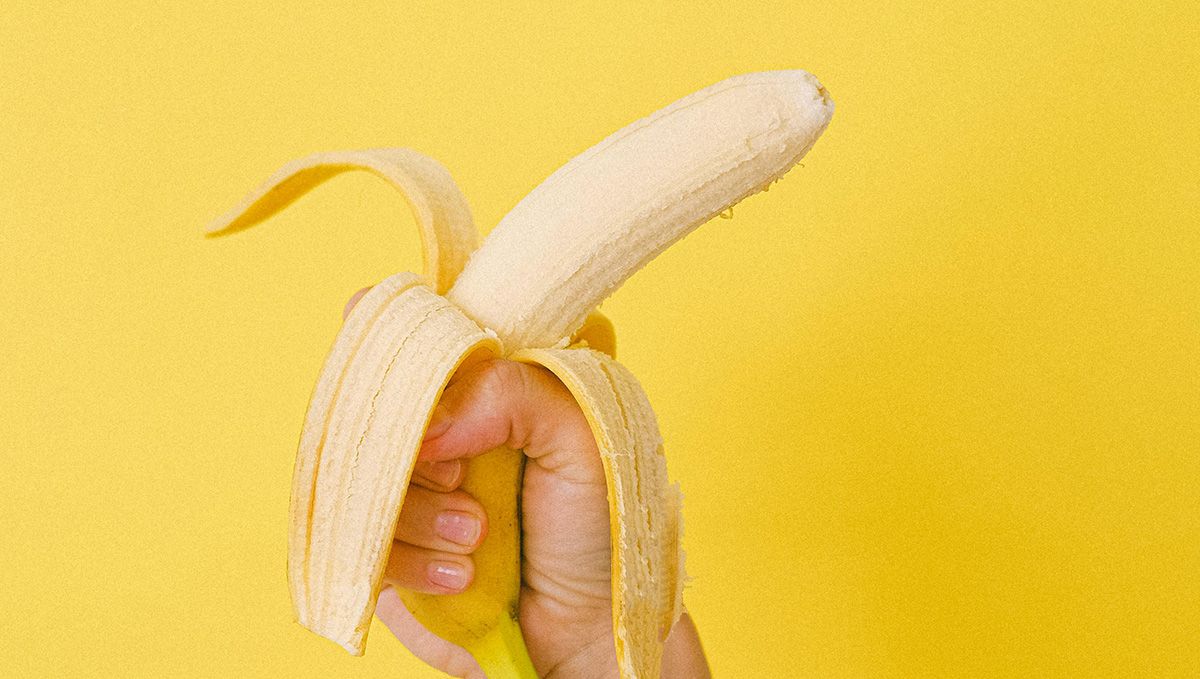
Several potential mechanisms have been proposed to explain the potential link between cannabis use and ED. These include neurological effects, vascular changes, hormonal influences, psychological factors, lifestyle habits, chronic health conditions, and medication interactions. Cannabis contains psychoactive compounds like THC that can interact with the brain's endocannabinoid system, affecting neurotransmitter release and neural pathways involved in sexual arousal and erectile function. Furthermore, cannabis use may impact cardiovascular function, hormone levels, mood, mental health, and lifestyle factors, all of which can contribute to sexual dysfunction.
However, it's essential to recognize that not all individuals who use cannabis will experience ED, and the risk may vary depending on individual characteristics and circumstances. Additionally, research on this topic is still evolving, and more rigorous studies are needed to establish a clearer understanding of the relationship between cannabis use and ED.
While some evidence suggests a potential association between cannabis consumption and erectile dysfunction, the current state of research is inconclusive. Factors such as study limitations, individual variability, and complex underlying mechanisms make it challenging to draw definitive conclusions. Further research is warranted to elucidate the relationship between cannabis use and ED and to inform public health interventions and clinical practice effectively.
Does cannabis affect your libido?
Cannabis consumption has been reported to potentially enhance sexual function, yet previous studies have indicated a complex relationship between cannabis use and sexual arousal. Some research suggests that physiological and subjective indices of sexual arousal and motivation may be associated with decreased availability of circulating endocannabinoid concentrations.
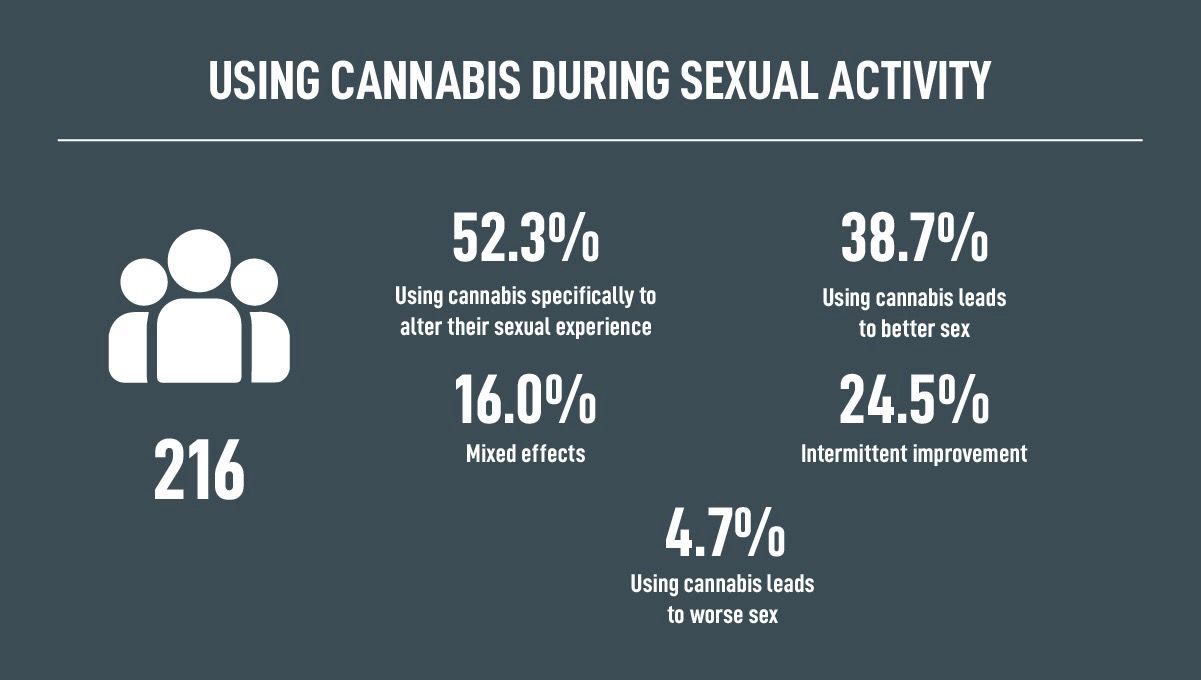
An analysis of 216 questionnaires completed by individuals with experience using cannabis during sexual activity revealed diverse responses. Of these participants, 52.3% reported using cannabis specifically to alter their sexual experience. Among respondents, 38.7% reported that sex was better with cannabis, while 16.0% reported mixed effects, and 24.5% reported intermittent improvement. Only a minority (4.7%) indicated that sex was worse with cannabis.
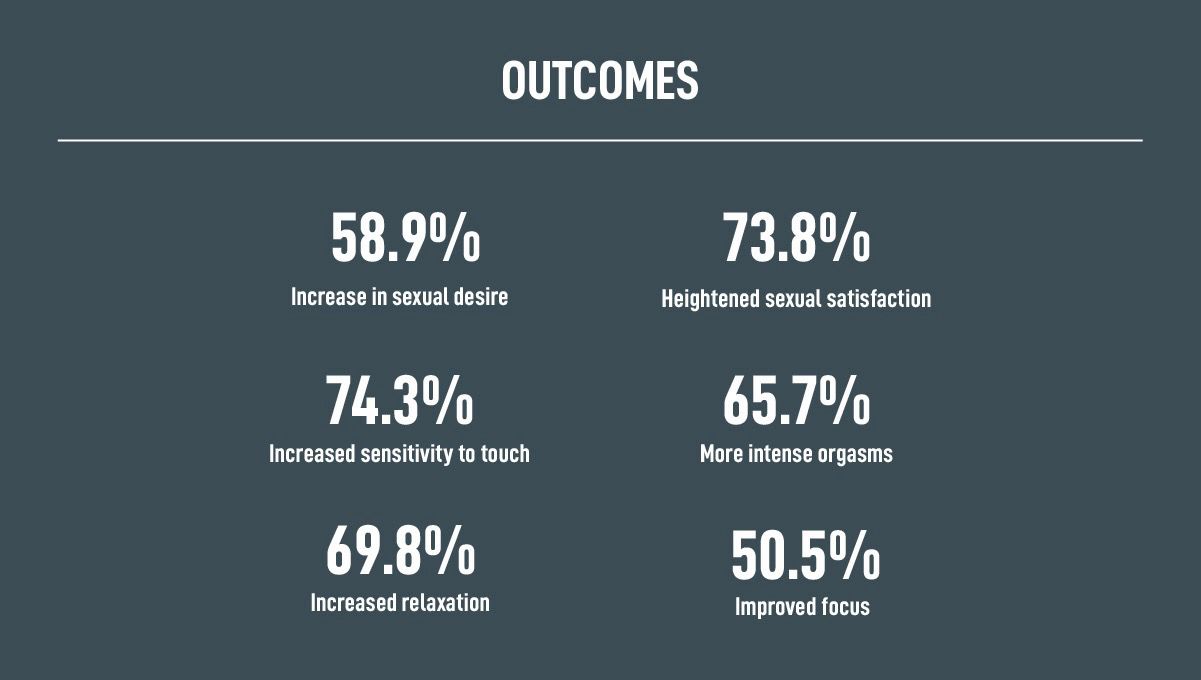
Regarding specific effects, a significant proportion of participants reported positive outcomes. For instance, 58.9% noted an increase in sexual desire, 73.8% reported heightened sexual satisfaction, and 74.3% reported increased sensitivity to touch. Moreover, 65.7% reported experiencing more intense orgasms. Additionally, 69.8% of participants reported increased relaxation during sex, and 50.5% reported improved focus. However, it's important to note that not all participants experienced positive effects. Some reported difficulties such as sleepiness, decreased focus, or no discernible impact on their sexual experience. Interestingly, among those who experienced difficulty reaching orgasm, a portion found it easier to achieve orgasm with cannabis use, although not all reported an overall improvement in sexual satisfaction.
The reasons behind the potential enhancement of sexual experience with cannabis remain unclear. German researchers have found that orgasm triggers the release of endocannabinoids, the body's own cannabis-like compounds associated with pleasure. However, the exact mechanisms by which cannabis influences sexual function are not fully understood. Despite the reported benefits, some individuals may find that cannabis negatively affects their sexual experience. This can often be attributed to feelings of withdrawal or detachment, leading to decreased erotic connection with their partners.
In conclusion, while cannabis may enhance sexual experiences for some individuals by increasing relaxation, sensitivity, and pleasure, its effects can vary widely among users. Further research is needed to better understand the mechanisms underlying the relationship between cannabis use and sexual function, as well as the factors that contribute to individual variability in responses.
Are cannabis users happier and more free in their sexuality?
Our results align with previous research indicating that acute THC intoxication is often associated with reduced aggression and heightened subjective feelings of openness, peace, joy, wonder, spirituality, and connection to the universe. Some studies estimate that frequent cannabis use can significantly enhance sociability, profound thinking, happiness, pleasantness, empathy, insight into others, and personal growth. Cannabis users have also been reported to demonstrate greater empathy toward others' facial expressions of emotion compared to non-users. However, the effects of cannabis on aggressive behavior are likely influenced by various factors including genetic variations, individual differences in mental and physical health, past experiences, social contexts, environmental factors, and the natural diversity of cannabis strains.
The biopsychosocial mechanisms underlying the transformative effects of cannabis on perceptual functioning have not been extensively studied directly. However, they can be interpreted within broader behavioral and neurocognitive frameworks of affective behaviors and emotionality. Cannabis usage may induce behaviors associated with trustworthiness and submission, thereby strengthening social bonds and promoting psychosocial balance. The ability to empathize with others' suffering, promoted by cannabis use, is crucial for prosocial behavior and moral identity development, particularly during adolescence.
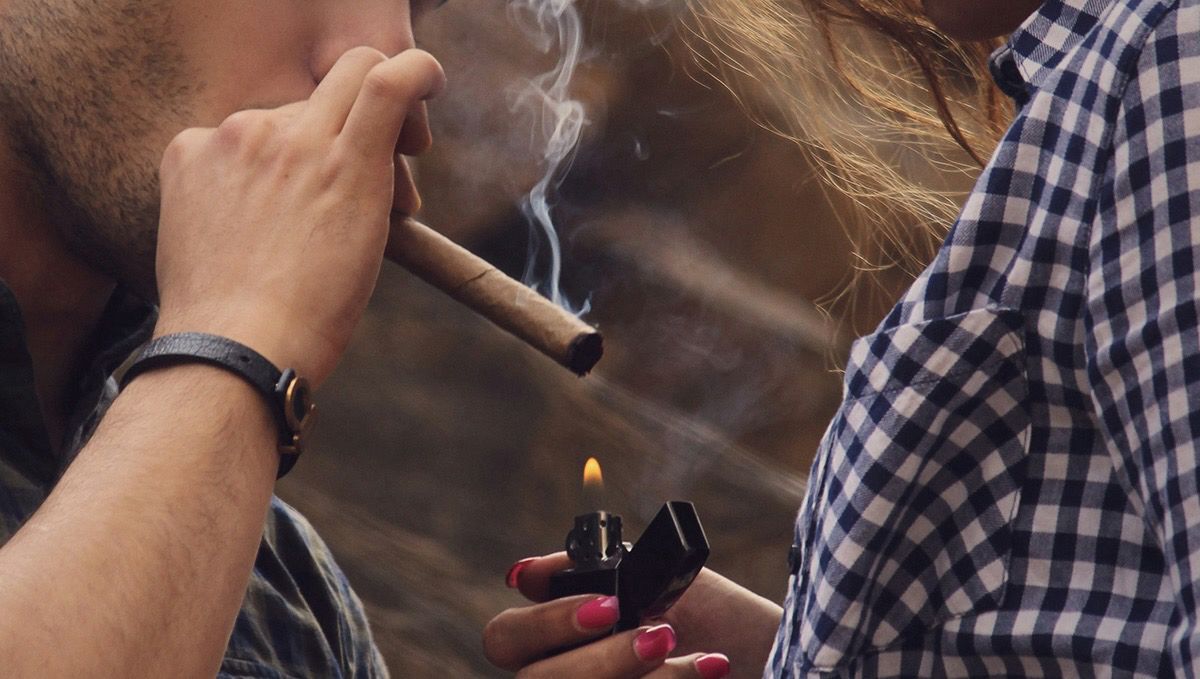
Pharmacologically, cannabis consumption activates the endocannabinoid system, which regulates stress responses and reward motivations. Cannabis users exhibit reduced amygdala reactivity to threatening stimuli and report heightened feelings of relaxation, peace, and comfort. These effects contrast with the acute increases in hostility and aggression typically associated with alcohol consumption.
However, our study has limitations. Cross-sectional analyses prevent tracking participants over time and assessing within-user effects of cannabis. The sample, consisting mainly of university psychology students, may not be representative of the wider population. Differences in demographic characteristics and cannabis-related experiences between college and non-college students could influence the effects of cannabis use. Nonetheless, the study's unique strengths, including a diverse sample from a "majority-minority" institution, contribute valuable insights into normative psychological functioning among young adults.
Have you started trying more new things?
Cannabis consumption often correlates with openness to new experiences, including in areas of sexuality and sexual exploration. With its ability to lower inhibitions and enhance sensory experiences, cannabis can serve as a catalyst for individuals to explore facets of their sexuality they might not have considered before. For some, the altered state induced by cannabis fosters a heightened sense of comfort with one's body and desires, leading to a greater willingness to engage in same-sex encounters or experiment with fetishes, according to research.
The plant's psychoactive effects can dissolve social stigmas and internal barriers, allowing individuals to embrace their authentic desires without fear of judgment. Moreover, the relaxation and euphoria induced by cannabis can intensify sensual experiences, making them more appealing and enticing. This phenomenon underscores the intricate relationship between mind, body, and substance, where cannabis becomes a facilitator for individuals to delve into uncharted territories of their sexuality. However, it's important to note that while cannabis can act as a catalyst for sexual exploration, it doesn't inherently change one's sexual orientation or preferences. Rather, it provides a conducive environment for individuals to explore and express aspects of their sexuality that they may have previously suppressed or overlooked. Ultimately, the intersection of cannabis consumption and sexual exploration reflects the complexity of human sexuality and the diverse ways in which individuals navigate and understand their desires.
Are you choosing more diverse sexual partners since you started using cannabis?
In the initial analysis, it was discovered that women who reported cannabis use exhibited increased odds of engaging in unprotected sex with their primary partners compared to women who did not report cannabis use. However, no other substance use variables reached statistical significance in this analysis. Notably, both Black and Latina women demonstrated decreased odds of engaging in unprotected sex with primary partners compared to women of "other race/ethnicity." Additionally, an increase in age was associated with decreased odds of engaging in unprotected sex with primary partners.

These findings illuminate the nuanced relationship between cannabis use and sexual behavior among women, highlighting the potential influence of demographic factors such as race/ethnicity and age. The observed disparities underscore the importance of considering intersectional factors when addressing sexual health outcomes and designing targeted interventions to promote safer sexual practices among diverse populations. In the second analysis, it was found that women who reported cannabis use had higher odds of engaging in unprotected sex with casual partners compared to those who did not report cannabis use. Conversely, women reporting opioid use had decreased odds of having unprotected sex with casual partners compared to non-users of opioids. Additionally, Black women exhibited decreased odds of engaging in unprotected sex with casual partners compared to women of "other race/ethnicity."
Moving to the third analysis, women reporting cannabis use demonstrated increased odds of engaging in unprotected sex with paying partners compared to non-users of cannabis. No significant associations were observed for other substance use variables. Similar to the second analysis, Black women exhibited decreased odds of engaging in unprotected sex with paying partners compared to women of "other race/ethnicity." Moreover, an increase in age was associated with higher odds of engaging in unprotected sex with primary partners.
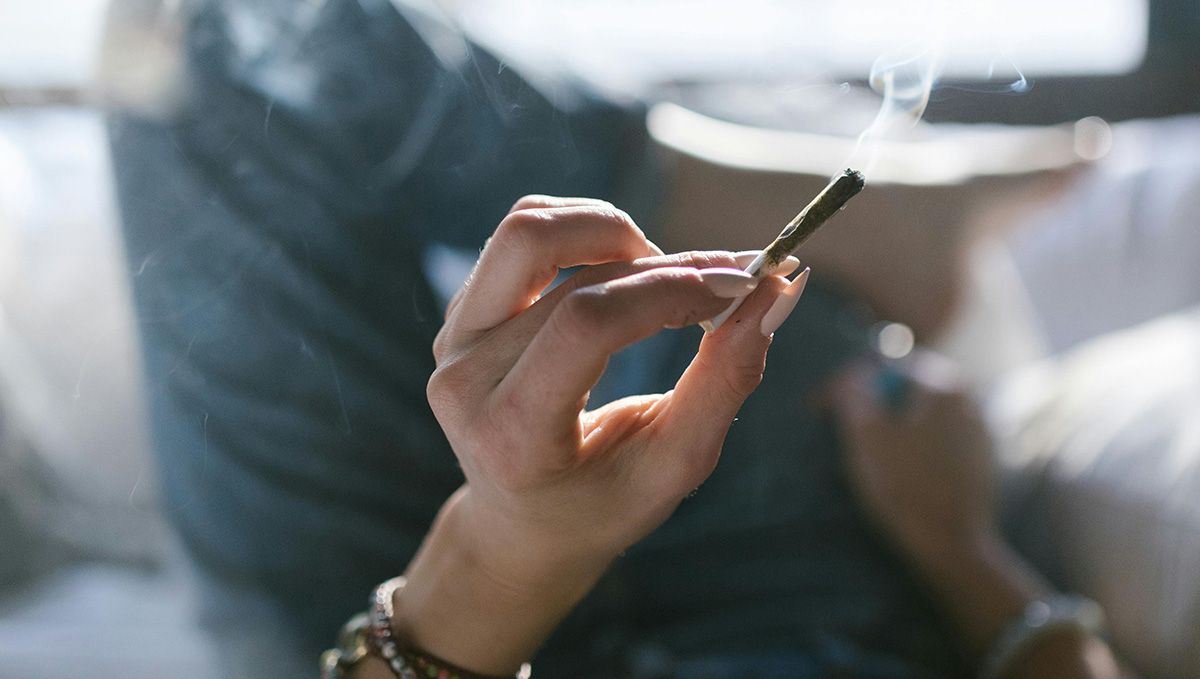
In the fourth analysis, it was revealed that women reporting cannabis use had increased odds of having multiple sexual partners compared to non-users of cannabis. No other substance use variables reached statistical significance. Additionally, being employed, as opposed to being unemployed, was associated with increased odds of having multiple sexual partners.
Transitioning to the fifth analysis, it was found that Black women had increased odds of having a sexually transmitted infection (STI) compared to women of "other race/ethnicity." However, no significant associations were observed for substance use variables in this analysis. In the sixth analysis, it was observed that women reporting the use of other illicit substances had increased odds of being diagnosed with HIV compared to those who did not report the use of other illicit substances. Additionally, similar to the previous analysis, Black women exhibited increased odds of having HIV compared to women of "other race/ethnicity."
These findings underscore the complex interplay between substance use and sexual behavior among women, highlighting the differential impact of various substances on sexual risk-taking. Moreover, disparities in STI and HIV prevalence among racial and ethnic groups emphasize the importance of addressing structural and social determinants of health to mitigate sexual health inequities.
Did cannabis help you discover your sexuality better?
The potentially mediating role of mental health in the associations between gender and sexual identities and cannabis use was demonstrated. Two significant trends emerge from the indirect effects of each model. Firstly, female, nonbinary, and sexual minority adolescents report substantially higher likelihoods of internalizing disorder symptoms than their counterparts. Secondly, there exists a strong relationship between a higher likelihood of using cannabis and a high or moderate risk of internalizing disorder symptoms.

While the total effects observed in each model varied, the subsequent direct effects show a consistent pattern of internalizing disorder symptoms mediating cannabis use across the three groups. Concerning gender, the total effect of gender identity on cannabis use was significant for nonbinary but not for females. With respect to sexual orientation, the total effect on cannabis use was marginally significant. However, upon adding internalizing disorder symptoms to the model, the direct effect of gender identity on cannabis use becomes significant and somewhat reduced for those identifying as nonbinary and marginally significant for females. Similarly, the direct effect of sexual orientation on cannabis use is somewhat reduced with the addition of internalizing disorder symptoms to the model, although not at a statistically significant level.
These findings suggest that internalizing disorder symptoms play a mediating role in the relationship between gender and sexual identities and cannabis use among adolescents. While gender and sexual minority youth exhibit higher rates of internalizing disorder symptoms, the presence of these symptoms also increases the likelihood of cannabis use. This underscores the importance of addressing mental health issues among adolescents, especially those from minority groups, to mitigate the risk of cannabis use. Further research is warranted to explore the mechanisms underlying these associations and to develop targeted interventions aimed at promoting mental well-being and preventing substance use among vulnerable youth populations.
This study utilized a substantial and diverse sample of Canadian high school students from multiple provinces to explore the mediating role of internalizing disorders in the association between cannabis use and gender identity as well as sexual orientation. Understanding the interplay between adolescents' mental health and cannabis use is crucial, given the potential adverse effects of the drug on future development and overall well-being. This is especially pertinent for adolescents identifying as gender or sexual minorities, as they tend to exhibit higher rates of cannabis use compared to their peers.
Three key findings emerged from the study, interpreted within the framework of minority stress theory, which posits that individuals from minority groups experience increased stress due to prejudice and discrimination:
Firstly, females, nonbinary individuals, and non-heterosexual adolescents reported significantly higher risks of internalizing disorders compared to their counterparts. These findings underscore the importance of addressing mental health issues among adolescents, as poor mental health can have far-reaching consequences.
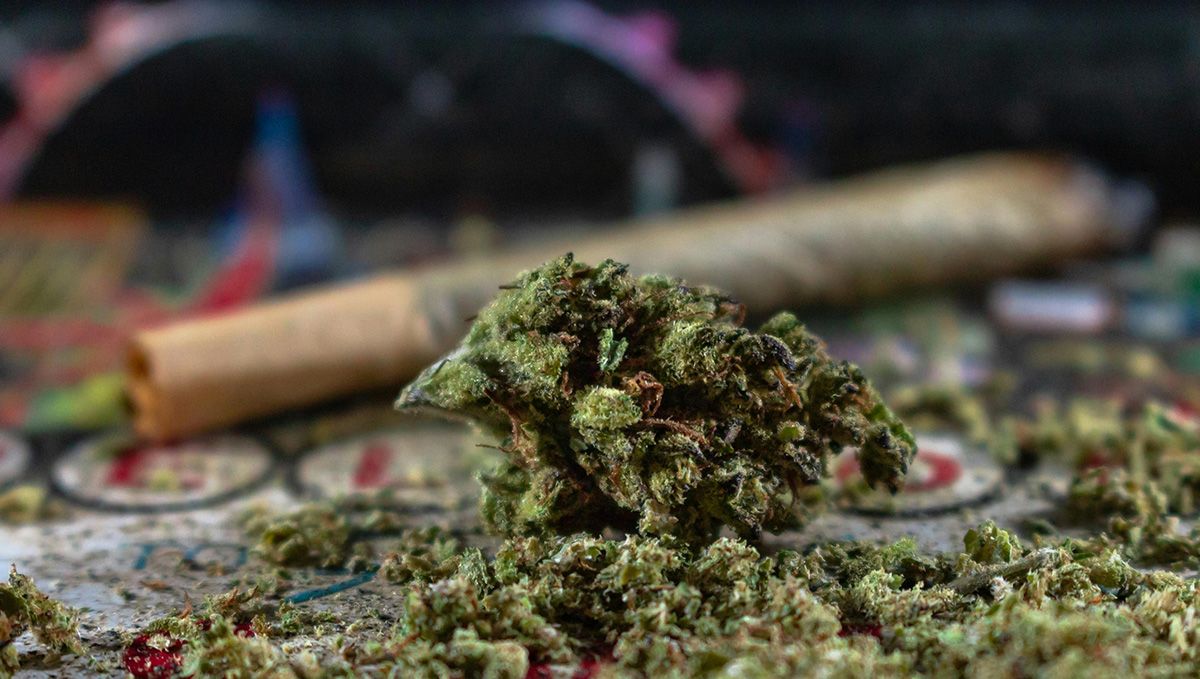
Secondly, there appeared to be a dose-response relationship between the risk of internalizing disorder symptoms and the likelihood of cannabis use. Continued cannabis use during adolescence has been associated with worsening depressive symptoms, anxiety disorders, and increased rates of subsequent illicit drug use. This relationship suggests that adolescents from minority groups may be more likely to engage in risky coping behaviors such as cannabis use in response to heightened stress levels.
Thirdly, gender and sexual minority adolescents are observed to use substances, including cannabis, at higher rates compared to other groups. This may be indicative of underlying stressors such as unsupportive family environments and inadequate healthcare support, driving minority youth's cannabis use.
Implications for practice include the need for interventions targeting cannabis-related disorders among adolescents, with approaches such as motivational enhancement therapy and cognitive behavioral therapy showing promise. However, interventions should also address broader environmental factors such as parental attitudes and school policies to create supportive environments for vulnerable youth. Limitations of the study include its cross-sectional nature, which prevents causal claims, as well as the crude measure used to identify cannabis users. Additionally, the sample being Canadian may limit generalizability to other jurisdictions, especially given Canada's changing cannabis laws.
In conclusion, future research should qualitatively explore specific mental health stressors experienced by gender and sexual minority adolescents and quantitatively examine perceptions of cannabis use as a coping mechanism. Further investigation into societal- and community-level stressors triggering cannabis use among minority populations, as well as the effectiveness of specific therapy strategies for reducing cannabis use in these groups, is warranted to inform substance abuse prevention efforts.
Did cannabis affect your sexuality?
As of 2020, the legal landscape surrounding cannabis use in the United States has undergone significant changes, with the majority of Americans residing in states where cannabis can be used legally to varying extents. Currently, cannabis is fully legal in 11 states and the District of Columbia, while it is legal for medical purposes in an additional 28 states. However, it remains entirely illegal in 11 states. Despite its legal status, cannabis remains highly popular and is estimated to be one of the nation's most valuable agricultural crops.
Despite its widespread use, few studies have thoroughly investigated the drug's impact on sexual experiences. Recent research endeavors have aimed to address this gap in the literature, with two notable studies shedding light on the topic and corroborating earlier findings indicating that a significant proportion of individuals perceive cannabis to enhance sexual encounters.
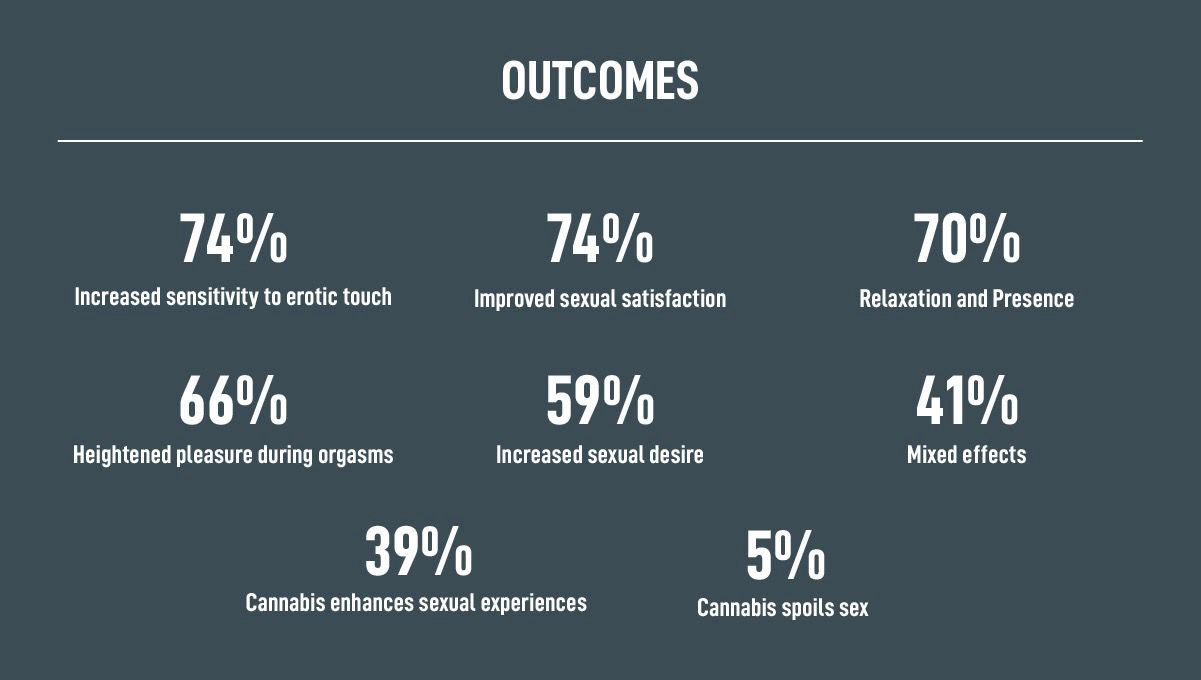
In one study conducted by researchers at the University of British Columbia, 216 marijuana users who reported using cannabis during sexual activity were surveyed. The findings revealed that a substantial majority of participants experienced positive effects on their sexual experiences when using cannabis. Specifically:
- 74% reported increased sensitivity to erotic touch.
- 74% noted improved sexual satisfaction.
- 70% reported feeling more relaxed and present during sex.
- 66% experienced heightened pleasure during orgasms.
- 59% reported increased sexual desire.
- Among those who encountered difficulties reaching orgasm, half reported that cannabis helped them achieve climax.
- 41% reported mixed effects, with improvements in some aspects of sex but detractions in others.
- 39% considered cannabis to always enhance sexual experiences.
- Only 5 % indicated that cannabis always spoiled sex.
In another study conducted by investigators at St. Louis University, 373 women visiting gynecologists for routine care were surveyed regarding their cannabis use before sex. One-third of the participants reported using cannabis prior to sexual activity. Those who regularly used cannabis shortly before sex were found to be twice as likely to report deeply satisfying orgasms compared to those who abstained from cannabis or used it infrequently.
It's important to note that both studies utilized convenience samples, consisting of individuals who were readily available and willing to participate. While results based on convenience samples may not be considered definitive, they are consistent with the broader body of social science research. Indeed, many studies in psychology and related fields rely on convenience samples for practical reasons, and findings from such studies contribute valuable insights to our understanding of various phenomena.
Does cannabis improve emotional connection in sexual partners?
The question of how substance use, including marijuana consumption, influences relationship dynamics has been a topic of considerable debate within academic circles and beyond. Some argue that substance use correlates with lower relationship satisfaction, increased rates of divorce, and heightened levels of aggression. Conversely, others contend that the effects of substance use on relationship health are relatively benign, and may even have positive long-term implications. For instance, research has suggested that shared alcohol consumption among couples can promote positive relationship functioning.

Amidst this ongoing debate, recent research published in the journal Cannabis provides evidence suggesting that occasional to frequent marijuana use may enhance relationship intimacy. In a study conducted by researchers from the University of Buffalo and the University of Houston, 183 heterosexual couples were enlisted to participate in a 30-day diary study. These couples, recruited from the Northeast region of the United States, were considered regular cannabis users, defined as individuals who used marijuana two or more times per week.
Throughout the 30-day period, participants were asked to record both instances of marijuana use and intimacy events using a mobile app. Intimacy events were defined as interactions or meaningful conversations with one's partner involving intimacy, love, caring, or support.
Upon analyzing the data, the researchers made several key observations:
- Participants reported experiencing an intimacy event, on average, once every two days during the study period.
- Intimacy events were more likely to occur after 5 p.m. than before.
- Women reported significantly more intimacy events than men.
- Participants reported using marijuana, on average, once every two days during the study period.
- Men reported significantly more marijuana use than women.
- Intimacy events were significantly more likely to occur within two hours of a marijuana use episode, regardless of whether one or both partners engaged in marijuana use.
- These findings suggest a positive association between marijuana use and relationship intimacy.
The researchers concluded that using marijuana concurrently with or in the presence of one's partner is linked to subsequent experiences of intimacy. Importantly, this effect was observed regardless of the gender of the intimate partners and whether one or both partners engaged in marijuana use. Unlike previous research on alcohol, which suggested that both partners needed to drink together to experience relationship benefits, this study indicates that marijuana may enhance relationship intimacy even if only one partner consumes the drug.
While these findings highlight a potential benefit of marijuana use in the context of romantic relationships, it's essential to exercise caution and recognize that correlation does not imply causation. Further research is needed to fully elucidate the mechanisms underlying the relationship between marijuana use and relationship intimacy.
External Resources
1. Relationship Between Cannabis Use and Erectile Dysfunction: A Systematic Review and Meta-Analysis
2. How Cannabis Alters Sexual Experience: A Survey of Men and Women
3. Cannabis consumption and prosociality
8. The Latest on the Sexual Effects of Marijuana
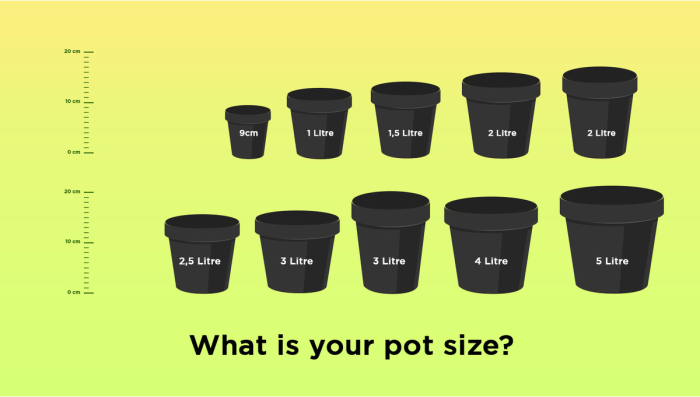










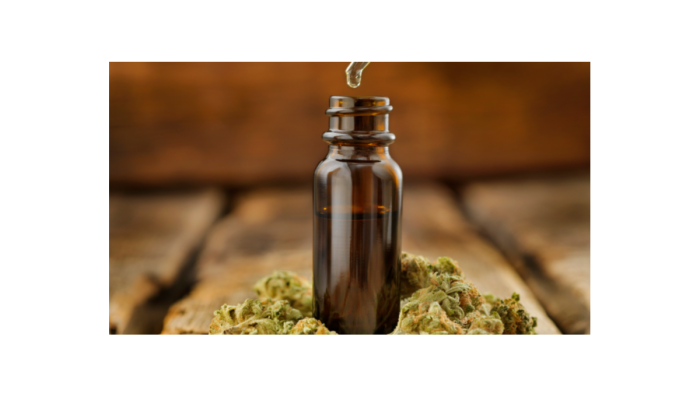

Comments